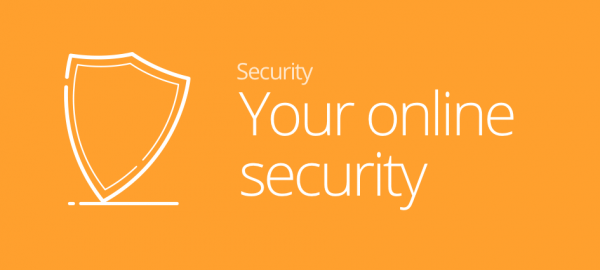2020 was a year of unprecedented challenges, as the Covid-19 pandemic dramatically transformed our everyday lives and lockdown restrictions significantly impacted on the economy.
Since the beginning of the COVID-19 pandemic, office employees have had to quickly adapt the way in which they interact and work with each other. The biggest change has been in people working from home. The shift towards home working has not only increased an already emerging trend, but it has done so at an exponential rate. This rate of change has placed huge strains upon businesses, infrastructure, and IT security systems.
For what once may have been the reserve of IT and technical professionals, homeworking is now the norm for at least 46.6% of the workforce [1]. With so many employees working from home, new channels of opportunities for cyber-criminals has increased, who may seek to exploit this inexperience.
Some employees are suffering increased psychological stress as a result of wider social changes including social distancing, extra familial responsibilities, lockdown constraints and fear of the virus itself. This can render individuals even more susceptible to cyber-crimes such as phishing scams, unsolicited phone calls and emails.
Phishing scams
Phishing emails are designed to mimic correspondence from an official body or source and could include highly respected organisations such as the Inland Revenue or NHS, both of whom are playing a central role in the management of the COVID-19 pandemic. These emails tap into both the technological and psychological vulnerabilities ever-present throughout the COVID-19 pandemic.
Firstly, people are expecting correspondence from the government who have become pivotal as a support channel during these times. Secondly, people are weakened by their own financial worries and any health concerns. These factors make individuals particularly vulnerable to scams as they are operating with a heightened state of fragility and may, therefore, become naturally more trusting of others. These emails often provide a link to a fake website which may look like the reputable one, it may request that individuals divulge sensitive information such as bank details or personal contact information or even make payments online.
According to Bedfordshire Police, The National Fraud Intelligence Bureau (NFIB) reported that COVID-19 related fraud logs had increased by 400% in the month of March 2020 alone. [2]
Keep yourself secure when working from home
- Ensure that your wi-fi is password protected and secure. You should NOT be working on an open or insecure internet connection.
- If you receive an email from an official body or the government, for example, do NOT click on any links within the email. Go online and check your account directly. Often, anything that is emailed to you will also feature in any online accounts you may have.
- Use strong passwords that cannot be guessed by anyone else, do not include your own name or date of birth as anyone who has access to this information could guess them.
- If you have the option to use 2-factor authentication then do so; this adds an extra layer of security and requires you to access your mobile phone and enter a security code when logging on to specific sites, they are much harder for cyber-criminals to crack.
- If you are communicating with the office, only use your official work email to do so, as this system will have extra layers of security to protect your employer’s network from becoming infected with a virus.
- Make sure you keep your own anti-virus software up to date and always run Windows updates, as these have new defence mechanisms built into them to prevent viruses and attacks on your computer.
- Never allow anyone who rings you to connect to your computer. Scammers may suggest that you have a problem with your computer and request that they send you a link so that they can connect and fix it for you. Do not allow this as they could steal sensitive information such as bank login information and stored passwords on your browser. If your employer has contacted you to say that someone from IT will be connecting you, ensure that you fully verify who is calling you and for what purpose.
Above all, stay safe, stay well, and stay ahead of the cyber-criminals.
For more advice and guidance on how to protect yourself and your business from fraud and cybercrime, please visit the gov.uk website.
[1] https://www.ons.gov.uk/employmentandlabourmarket/peopleinwork/employmentandemployeetypes/bulletins/coronavirusandhomeworkingintheuk/april2020
[2] https://www.bedfordshire.police.uk/news-and-appeals/corona-fraud-warning-march20
